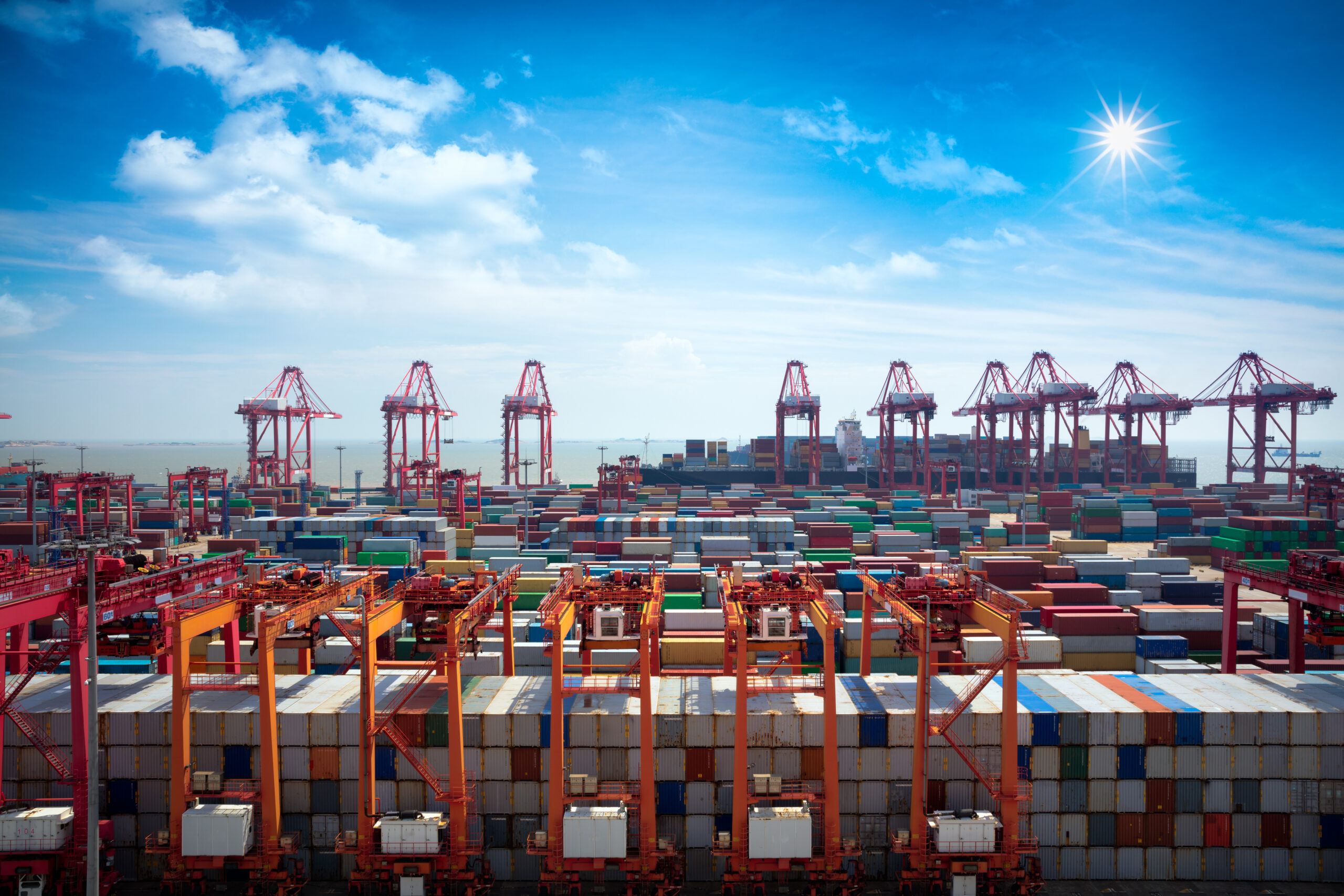Supply Chains – The Next Frontier In Climate Action
María Mendiluce, CEO, We Mean Business Coalition
Businesses of all sizes have a vital role to play in cutting global emissions, while also halting and reversing the depletion of nature.
For larger companies, many of which have spent years working to address the emissions from their own operations (known as Scope 1) and from the energy they use (Scope 2), attention is now rightly shifting to the issue of emissions in their value chains (Scope 3). Progress here is vital, given that companies’ Scope 3 emissions have been estimated as 11 times larger than their Scope 1 and 2 totals combined.
Where should companies start? As my colleague Jenny Ahlen reflected following a panel discussion at the recent Greenbiz conference, we shouldn’t get too bogged down in getting the data perfect, but instead ensure companies of all sizes get on with the work of cutting emissions.
To do this, companies could take inspiration from last year’s promising move from the US Federal Government by requiring suppliers to set science-based emissions reduction targets. They could follow in the footsteps of IKEA and Gucci by incentivizing their suppliers and small business partners to take action, giving access to loans on favorable terms and enabling the purchase of renewable electricity.
All companies will need to work with and support the small and medium-sized enterprises (SMEs) in their supply chain – and the SME Climate Hub can help them do it. Set up by the We Mean Business Coalition with a network of partners, the Hub now has over 5,500 SMEs signed up who are empowered to take climate action and build resilience.
In most parts of the world, SMEs (with less than 500 employees) account for 99% of all businesses, and in OECD countries SMEs are responsible for 60% of emissions. SMEs are also particularly vulnerable to rising temperatures and extreme weather caused by climate change, due to their localized footprints and centralized infrastructure.
If bigger businesses fail to build resilience in their supply chains by supporting SMEs to decarbonize, the long term economic and climatic consequences will be severe. To put it simply: there is no net zero economy without SME climate action.
To help identify the areas in which SMEs need support, the SME Climate Hub recently released results from its second annual survey, which gathered insights from hundreds of small business owners from its 5,500-strong membership. Encouragingly, three-quarters of respondents reported already deploying measures including energy efficiency and waste reduction. But two thirds also say they lack the skills, knowledge and funds to fully decarbonize at the required pace.
As corporate climate plans have come under scrutiny again in recent weeks, I urge leaders to roll up their sleeves and continue to act. 20,000 firms are already measuring and reporting their emissions on a voluntary basis through CDP, and several are starting to exchange supply chain data through schemes like the Partnership for Carbon Transparency. Big businesses from the UK to Indonesia are beginning to empower and enable their partners and suppliers to act.
The Science Based Targets initiative is taking steps to give more direction on the tricky Scope 3 topic, while our own 4 A’s of Climate Leadership guidance offers a starting point for companies beginning their climate journey.
Climate change is everyone’s business. Collaboration is how we tackle it.

